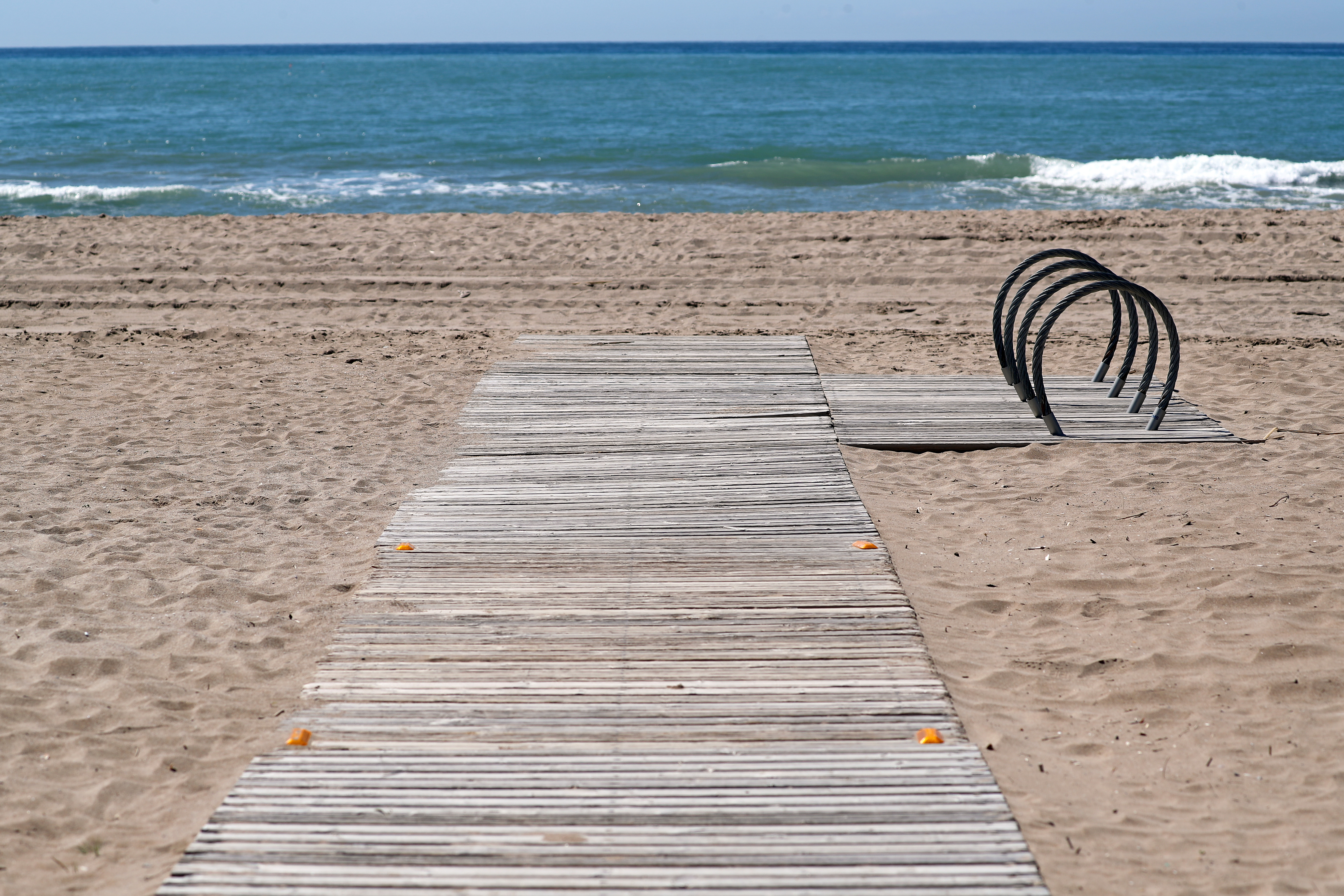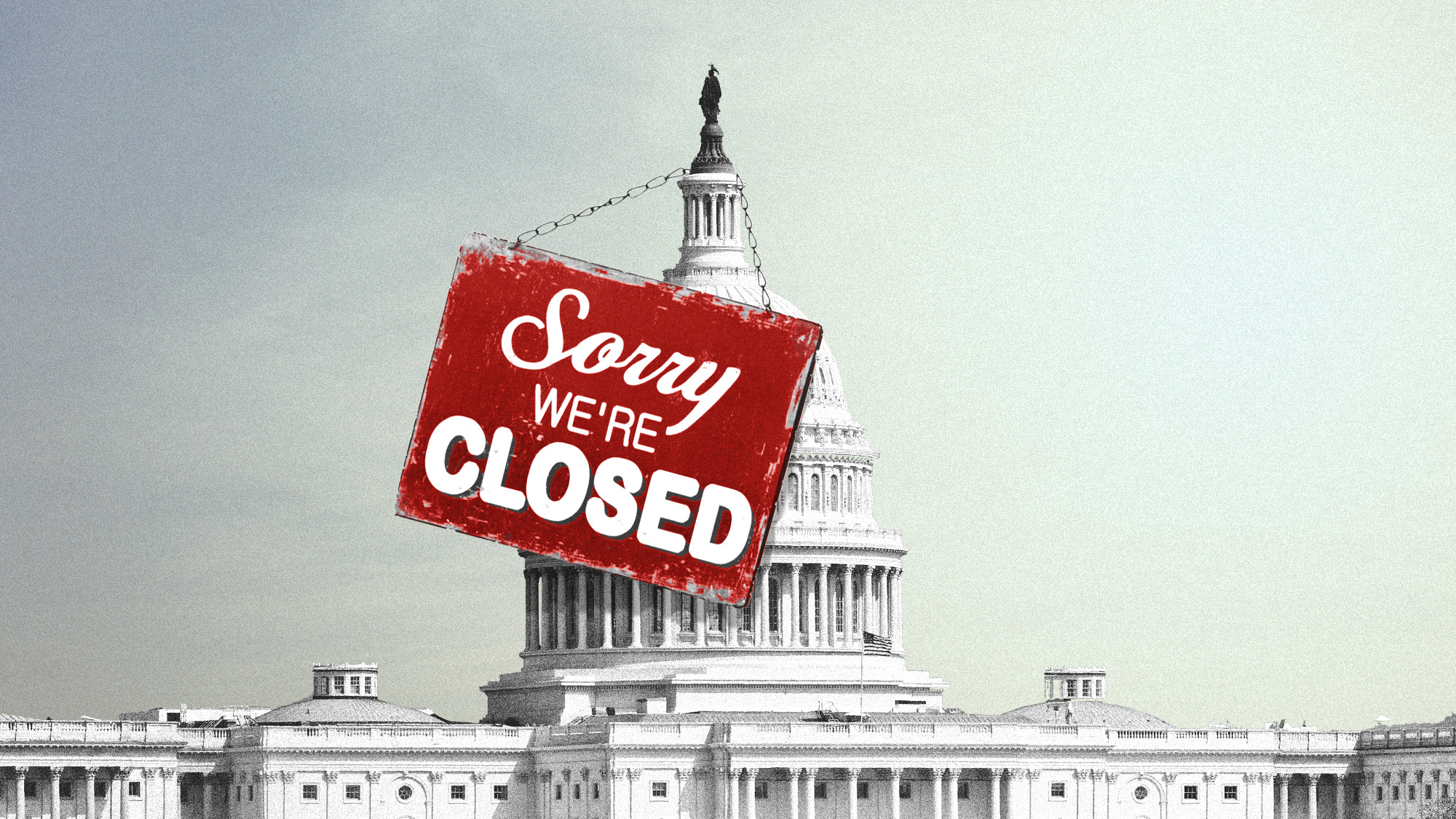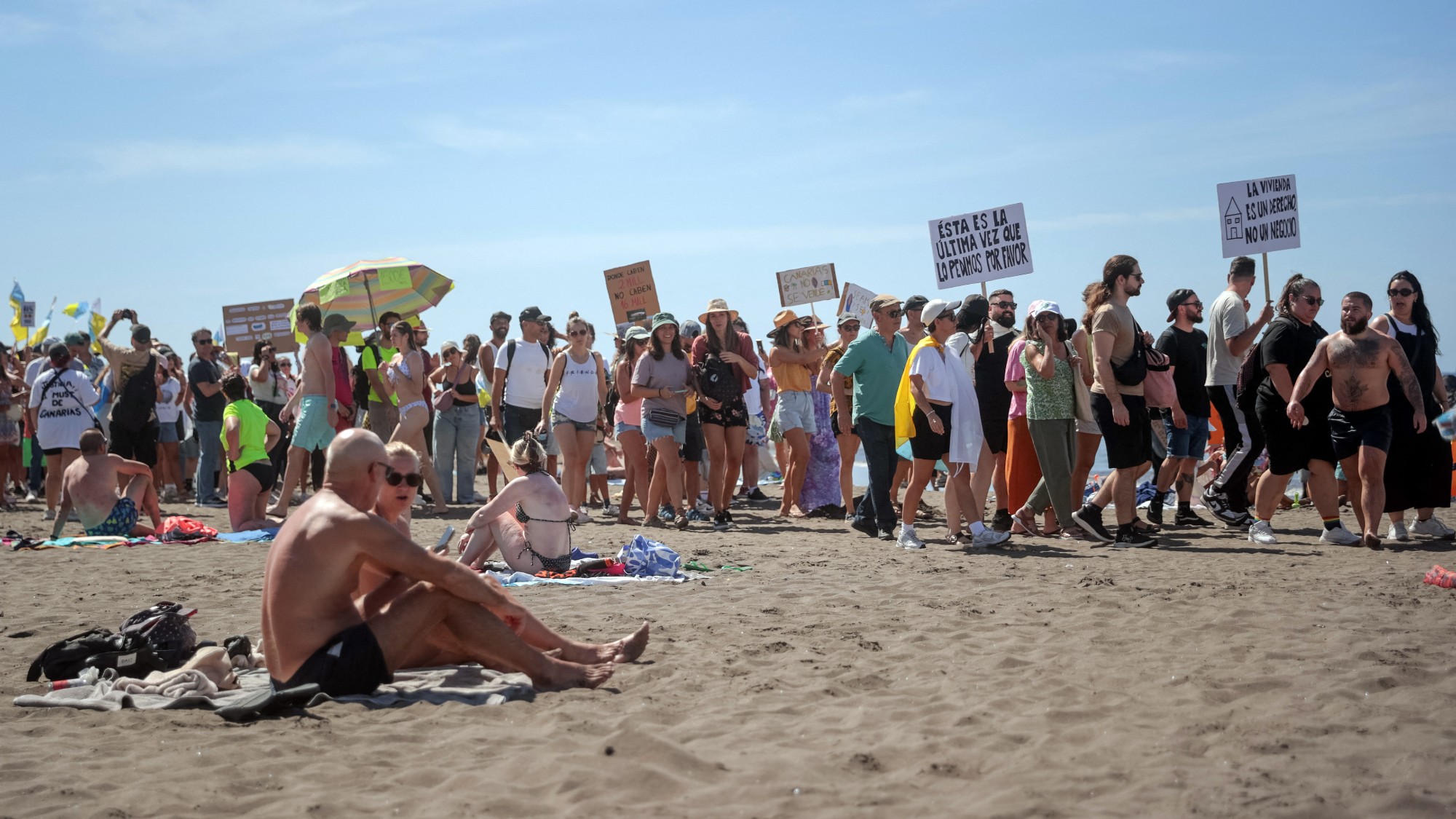Can you go on holiday this summer?
Millions depend on tourism for their livelihood, particularly in the summer - what are the chances of countries permitting some travel?


A free daily email with the biggest news stories of the day – and the best features from TheWeek.com
You are now subscribed
Your newsletter sign-up was successful
As summer approaches, authorities, communities and individuals in Britain and Europe are weighing up whether or to what extent to allow holidaymakers to travel.
At the heart of the decision lies a difficult tension. On one hand, just as many societies begin to ease internal lockdown conditions, the prospect of millions of people travelling raises fears of a second wave of infections.
Travellers from ski holidays in the winter just passed were some of the early spreaders of Covid-19 in the UK.
The Week
Escape your echo chamber. Get the facts behind the news, plus analysis from multiple perspectives.

Sign up for The Week's Free Newsletters
From our morning news briefing to a weekly Good News Newsletter, get the best of The Week delivered directly to your inbox.
From our morning news briefing to a weekly Good News Newsletter, get the best of The Week delivered directly to your inbox.
Conversely, many of the most popular travel destinations depend on the income from tourism as a significant part of their economies; as a severe global recession looms, trade and travel, if managed safely, will only help the recovery, providing jobs to millions.
According to the World Travel & Tourism Council, one in 10 jobs worldwide are sustained by tourism, while Europe’s travel and tourism sector directly and indirectly employs 37.1 million people, contributing 9.1% of the region’s total GDP.
“The situation is serious,” said the European Commission’s Thierry Breton at the European Parliament last week. “We estimate that revenue losses at European level are 50% for hotels/restaurants, 70% for tour operators and travel agencies, and 90% for cruises and airlines.”
It is hardly surprising that attempts are being made to get tourism going again as soon as is safely possible.
A free daily email with the biggest news stories of the day – and the best features from TheWeek.com
Yesterday, Vera Jourova, a vice-president for the European Commission, called on EU member states to lift travel restrictions “as soon as possible”.
For the duration of 2020’s Brexit transition period, UK citizens are still afforded the benefits of free movement enshrined in the EU Single Market and Customs Union, and as such will be included in EU efforts to stimulate intra-bloc tourism this summer.
“It’s quite clear that we do not want to have any discrimination… on the basis of citizenship or even nationality,” Jourova said yesterday, adding that the commission would publish a detailed communication on the issue on 13 May - one guided by “specific guidance on health and safety”.
Already, places like Sicily in Italy are reacting in ways that illuminate how important they consider the annual influx of visitors - the island “will pay half the cost of flights and for one of every three nights stayed at a hotel if travellers visit later this year,” Newsweek reports.
The Telegraph’s Anne Hanley is sceptical, though: “This doesn’t get round the fact that no one can come into the country without a two-week quarantine. And Sicily can’t do anything until they get central government go ahead,” she said.
–––––––––––––––––––––––––––––––For a round-up of the most important stories from around the world - and a concise, refreshing and balanced take on the week’s news agenda - try The Week magazine. Start your trial subscription today –––––––––––––––––––––––––––––––
Indeed, national governments seem reluctant to open up movement too soon. Yesterday, Spain’s foreign minister, Arancha Gonzalez Laya, said visitors would only be welcomed once safety could be assured.
“Spain always gives its visitors the warmest possible welcome and wants to do so under the best possible safety conditions,” she said. “That is why Spain will gradually open to tourism when it’s in a position to guarantee tourists’ safety.”
Germany, meanwhile, announced it would extend its travel warnings until mid June at the earliest.
In the UK, Michael Gove addressed citizens considering domestic trips: “at the moment and for some time to come, don’t.”
Yesterday, Tui, the UK’s biggest tour operator, extended the cancellation of its holidays to include all those booked before 11 June, having previously cancelled all bookings before 11 May.
In the absence of the European Commission’s 13 May report, there is little consensus about how best to safely allow tourism.
Greece is even considering the introduction of “health passports”, while Croatia is mulling opening its borders in May by establishing “travel corridors” whereby visitors will only be allowed to enter if they are arriving from countries with relatively controlled outbreaks.
One major factor limiting holidays may be the price of plane tickets. Airlines may be compelled to leave empty seats, meaning they will have to charge much more than usual to operate flights.
William Gritten is a London-born, New York-based strategist and writer focusing on politics and international affairs.
-
 Tourangelle-style pork with prunes recipe
Tourangelle-style pork with prunes recipeThe Week Recommends This traditional, rustic dish is a French classic
-
 The Epstein files: glimpses of a deeply disturbing world
The Epstein files: glimpses of a deeply disturbing worldIn the Spotlight Trove of released documents paint a picture of depravity and privilege in which men hold the cards, and women are powerless or peripheral
-
 Jeff Bezos: cutting the legs off The Washington Post
Jeff Bezos: cutting the legs off The Washington PostIn the Spotlight A stalwart of American journalism is a shadow of itself after swingeing cuts by its billionaire owner
-
 Nepal’s fake mountain rescue fraud
Nepal’s fake mountain rescue fraudUnder The Radar Arrests made in alleged $20 million insurance racket
-
 DC tourism has taken a hit
DC tourism has taken a hitUnder the Radar The government shutdown has reduced tourist attractions
-
 The female-led all-women tours in Afghanistan
The female-led all-women tours in AfghanistanUnder The Radar Women are 'swapping cocktails in Ibiza' for visiting a 'terror hotspot'
-
 The tourist flood in the Mediterranean: can it be stemmed?
The tourist flood in the Mediterranean: can it be stemmed?Talking Point Finger-pointing at Airbnb or hotel owners obscures the root cause of overtourism in holiday hotspots: unmanageable demand
-
 6 stellar noctourism adventures
6 stellar noctourism adventuresThe Week Recommends After the sun sets, the fun begins
-
 The Israeli army's 'tourist hikes' in occupied Golan Heights
The Israeli army's 'tourist hikes' in occupied Golan HeightsUnder The Radar 'Provocative' twice-daily tours into territory seized from Syria have quickly sold out
-
 North Korea (sort of) welcomes tourists again
North Korea (sort of) welcomes tourists againUnder the Radar 'Hermit kingdom' allows foreign visitors for the first time since 2020 – but only in limited areas
-
 Holocaust tourism and what art has to say about it
Holocaust tourism and what art has to say about itIn the Spotlight New movies and a new book try to make sense of the Holocaust generations later
